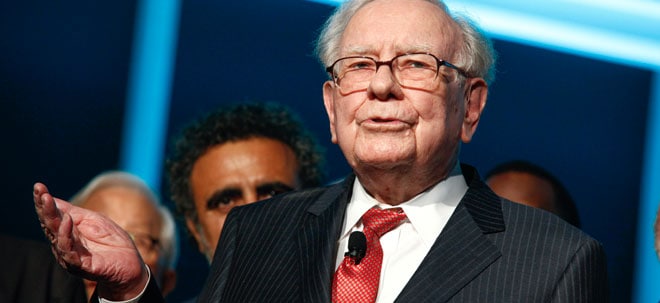Sandnes, Norway 15 November 2023: Horisont Energi (EURONEXT: HRGI) and Koole
Terminals B.V (Koole Terminals) have signed a non-binding memorandum of
understanding (“MOU”) to continue their collaboration to explore the potential
development of a European carbon capture and storage (CCS) value chain. It is
the intention of the parties to develop and market Gismarvik, Norway’s largest
planned CO2 import terminal, with volumes anticipated to flow from a new CO2
export terminal which Koole Terminals is exploring in Rotterdam and various
other countries.
The MOU sets out the intention of the parties to develop CO2 import and export
terminals in continental Europe, including a potential Koole Terminals CO2
terminal in Rotterdam as a part of a larger logistics solution for CO2 and clean
ammonia. Koole Terminals is one of the leading operators in storage, processing,
and logistics in Rotterdam and other European ports.
The potential new CO2 terminal to be developed in the Port of Rotterdam will be
connected to the planned Delta Rhine Corridor CO2 pipeline, allowing volumes to
be gathered from several places on the continent, and shipped to carbon storage
terminals like the Gismarvik CO2 terminal in Norway. A potential Koole Terminals
CO2 terminal in Rotterdam could have an intermediate CO2 storage capacity of up
to 200.000 tonnes of CO2, accommodating transport of multi-millions of tons of
CO2 to carbon storage annually.
The MOU envisages that Horisont Energi and Koole Terminals will continue to
explore the joint marketing and development of a CO2 terminal at Gismarvik with
volumes transported from Koole Terminals’ planned CO2 export terminal in
Rotterdam and other European countries, as part of a European CCS value chain.
The intention for a Gismarvik CO2 terminal is to become an injection hub for CO2
before permanent storage at Horisont Energi’s or at other carbon storage
locations on the Norwegian Continental Shelf. With an anticipated maximum annual
capacity of 24 million tonnes, following design maturation and development, the
Gismarvik CO2 terminal has the potential to function as intermedia storage for
several CO2 storage projects. A fit-for-purpose CO2 injection solution and
system design has already been developed for the offshore part. Horisont Energi
has developed plans and started permitting for such a terminal covering
offloading from ships, temporary storage, process, and compression prior to
pipeline transport to subsea reservoirs for sequestration.
- “Our ambition is to build a carbon capture and storage value chain in Europe
together with our partners. A proposed CO2 terminal in Rotterdam is intended to
play a central role in this context as the gateway from Europe to Norway's CCS
market, both in terms of existing and new carbon storage licences. Koole
Terminals' strong customer base and experience in operating major liquid bulk
terminals in central ports of Europe is anticipated to aid in contributing to
acceleration of the establishment of the CCS value chain. We look forward to
continuing our close collaboration,” says Bjørgulf Haukelidsæter Eidesen, CEO of
Horisont Energi.
The Port of Rotterdam is the major energy hub for Western Europe, as around 13
percent of the total energy demand in Europe enters the EU through this Port.
- "Material progress has been made in enhancing our potential CO2 intermediate
storage capabilities at Rotterdam since our collaboration commenced. We
recognise the synergies in engaging in the potential joint development of the
Gismarvik CO2 terminal in Norway, drawing upon our extensive expertise in
managing terminals and logistics.”, says John Kraakman, CEO of Koole Terminals.
Horisont Energi and Koole Terminals also expect to explore certification
solutions to develop fully auditable comingled inventory control, emission
certification, traceability management, and trading solutions for CO2.
Horisont Energi and Koole Terminals extended the scope of cooperation to cover
clean ammonia in December 2022. The Parties share common values and are strongly
committed to working towards sustainability, decarbonization, and the
fundamental role of clean energy.
Quelle: Euronext
|
 1 |
2 |
|
4 |
5 |
6 |
7 |
8 |
9
| 9
1 |
2 |
|
4 |
5 |
6 |
7 |
8 |
9
| 9


 Thread abonnieren
Thread abonnieren

